By Sah Dong-seok
Deputy Managing Editor
Early in the morning every Saturday, KBS 1TV broadcasts ``North Korea Now,'' a 25-minute program that introduces propaganda clips produced by North Korea along with the latest news on the reclusive country. KBS says the program is intended to help the two Koreas expand sympathy for understanding and reconciliation, thus contributing to realizing national reunification.
Most of the propaganda clips deal with the North's bright side and shed light on ordinary North Koreans' ordinary lives. From what is seen in the program, viewers hardly feel anything special about North Korea these days.
Yet ``real'' news reports on the communist country that have come out in the last couple of months are highly ominous and precarious.
The bungled currency reform tops the list. In late November, North Korea redenominated its currency in what was believed to be efforts to tame inflation and tighten control over the country's budding market economy. The measure, however, reportedly worsened the North's economic problems. More than anything else, the country's food situation went from bad to worse as markets were forced to close and North Koreans faced the threat of being robbed of their hard-earned fortunes. After the measure took effect, North Koreans held on to scarce goods, prompting prices to soar. Rice prices, for instance, surged 30 to 40 times.
North Korea has reopened hundreds of markets after the botched reform sparked anger among North Koreans who had been enduring famine and poverty for decades. Experts say North Korea's relatively quick move reflects how serious the country's recent problems are.
A string of recent news regarding North Korea may be instrumental in understanding the country's dire situation of late.
What was most shocking was that Pak Nam-gi, a North Korean financier who orchestrated the country's currency reform, had been reportedly executed by a firing squad in Pyongyang. The report has not been confirmed yet but appears plausible, given he was accused of ruining the economy and hampering Kim Jong-il's plan to hand power over to his youngest son.
Pak is seen as a scapegoat for North Korea's failed currency reform to diffuse negative public sentiment toward the ailing leader but the fact that such sensitive news has been revealed so quickly shows that sudden changes could take place in North Korea at any time.
Assistant U.S. Secretary of State Kurt Campbell told a closed-door meeting in Seoul in early February that Kim Jong-il, 68, may die within three years, raising fears about a North Korea without the supreme leader. Campbell based his estimate on medical information but no further details were known. Kim disappeared from public view in August 2008 due to a stroke before showing up in early 2009. His health draws keen interest because of concerns that his sudden death could trigger instability and a power struggle in the North.
Korea Times columnist Andrei Lankov, who is well versed in North Korea affairs, has detected ``something strange'' that has begun to happen in Pyongyang. In his contribution to the online edition of Asia Times earlier this month, Lankov said the North Korean leadership has taken some actions that have clearly damaged the interests of the ruling clique in a major departure from its hitherto policies and cited the currency reform as the best example of such weird and self-defeating policy decisions.
He finds the nuclear-armed North not faring well in diplomacy, either. Formerly, North Korea used its blackmail tactics effectively to win concessions from the United States and South Korea but more recently, such tactics were handled poorly. ``At any rate, something unusual seems to be happening in Pyongyang and it's probably the time to think about the future a bit more seriously,'' he said in the article.
More ominously, the non-profit International Crisis Group has warned against the belated awareness of a crisis on the Korean Peninsula. Robert Templer, the group's Asia Program director, says, ``Instability, a coup or even a regime collapse would not be observable from the outside until well underway and any of these scenarios could create a humanitarian emergency that might require international intervention.''
Some hard-liners have gone a step further to raise the possibility of the North's imminent collapse, noting that Kim Jong-il could lose his grip on North Korea quickly as more North Koreans complain about the food situation. There is speculation that the North will suffer a shortage of at least 500,000 tons of grain in the spring food-shortage season between April and June.
Of course, North Korean instability has always been a familiar topic and may simply be a storm in a teacup as before. Nonetheless, it would not be too much to brace for the worst-case scenario.
The solution to the ``latest crisis'' may be found in Kim Jong-il's alleged visit to China either late this month or early next month. If Kim shows some flexibility to the six-way talks and nuclear weapons during his visit, the looming concern about North Korea's imminent crisis will fade away.
sahds@koreatimes.co.kr
Wednesday, March 24, 2010
Ominous Signs From N. Korea
Subscribe to:
Post Comments (Atom)




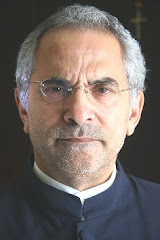
















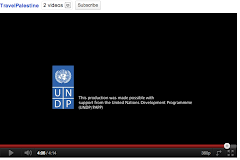

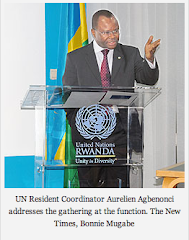



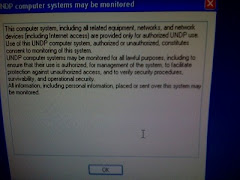

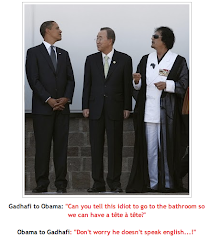
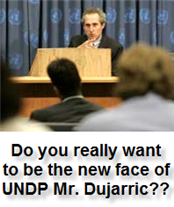






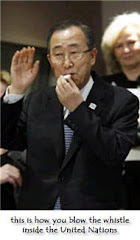
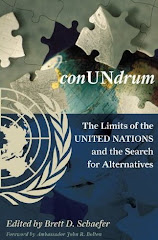


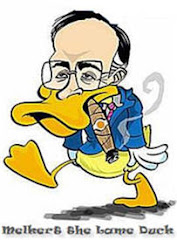


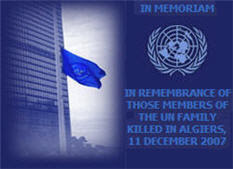



No comments:
Post a Comment